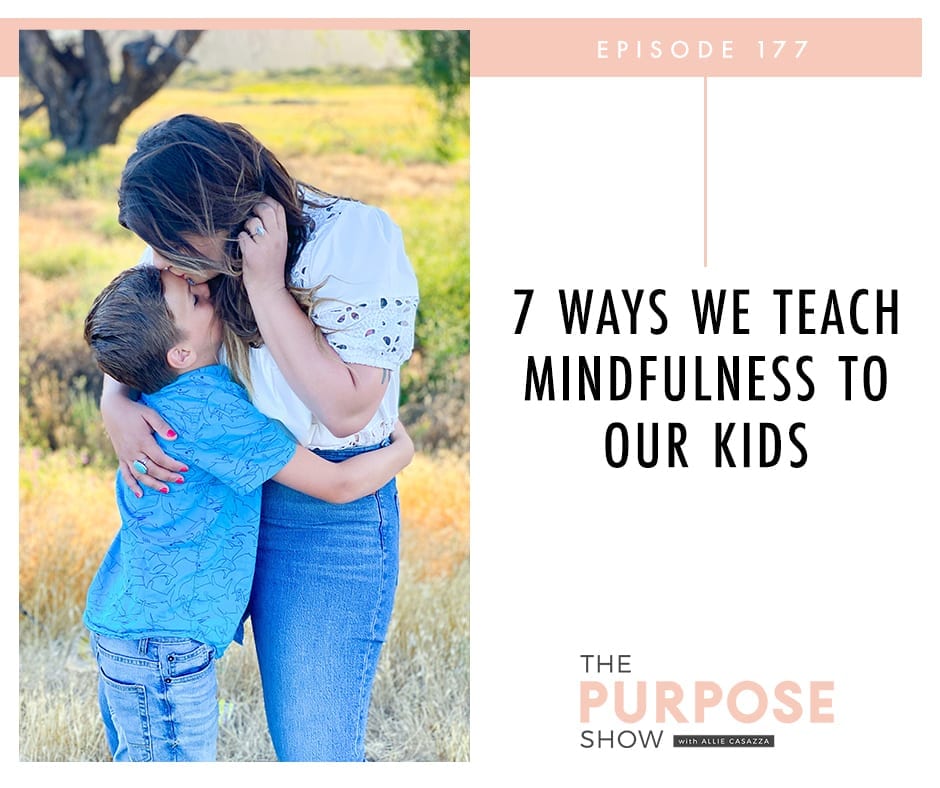

Today I’m going over 7 ways that Brian and I are teaching mindfulness to our kids. Mindfulness has been really huge for Brian and I, and practicing mindfulness is huge for my kids too. It teaches them to be in tune with themselves which we believe is so important. Okay, let’s dive in!
In This Episode Allie Discusses:
Her own journey to becoming mindful
7 ways she is teaching her kids to be mindful
Mentioned in this Episode:
Courses (Use the code PURPOSESHOW for 10% off!)
The Purpose Show Facebook Community
Emotionally Healthy Spirituality by Peter Scazzero
Mindfulness Meditation for Kids


Mom life. We’re surrounded by the message that it’s the tired life. The no-time-for-myself life. The hard life. We’re supposed to get through it. Survive. Cling on by the last little thread. And at the same time, Carpe Diem—enjoy every moment because it’s going to go by so fast. The typical mom culture that sends us all kinds of mixed, typically negative messages. We shouldn’t take care of ourselves; it’s selfish. The more ragged you run yourself, the bigger your badge of honor. But also, ditch your mom bod and work out. Don’t yell. Make more money. Show up. Be better, but not at the expense of time with your kids. I am putting a hard stop to all of this. While being a mom, running a business, and whatever else you might have going on is hard, it is a lot and there’s lots of giving of yourself, the idea that motherhood means living a joyless, nonstop-hustle-with-zero-balance kind of life, where you give and give and give and never take, needs to stop.
I’m on a mission to help you stop counting down the minutes till bedtime (at least most days). Stop the mom guilt and shame game. Stop cleaning up after your kids’ childhood and start being present for it. I want to help you thrive in work, home and life. I believe in John 10:10 that we are called to living an abundant life and I know moms are not excluded from that promise. Join me in conversations about simplicity, some business and life hacks, spirituality and lots of other good stuff that leads to a life of less for the sake of enjoying more in your motherhood. I’m Allie Casazza and this is The Purpose Show.
Hey guys! I’m so excited to be here on The Purpose Show with you today. Thank you so much for listening.
I’m actually recording this super early in the morning. It’s about 6:30 AM my time right now. This is not normally a time that I record episodes, but I’m excited to start the day with you. Welcome, and thank you for hanging out with me!
Today I want to speak with you about mindfulness, and specifically mindfulness as it relates to our kids. I want to go over seven different ways that Brian and I are teaching mindfulness to our kids in our home. Before we get into the seven ways, I just want to share a little bit of a background so you kind of know where I’m coming from.
This is just my experience. As always with anything that I say and anything that anyone says, take the meat—whatever the meat is to you—and throw out the bones. We don’t all have to agree on every single thing, but this is my experience.
I grew up attending a very, very religious, graceless, legalistic, religious school. I went to a private school my whole life. I feel that I was taught to push myself aside.
I was taught that what I need is not important, how I’m feeling is not important. In fact, often how I’m feeling is wrong. What I truly want for myself doesn’t matter. I need to push that aside as well. I was taught to suppress and ignore my inner voice, that gut, that intuition. I was taught to ignore that.
And I didn’t always. Somehow I still had a really strong sense of self and a very, very strong connection to God. God as God actually is; not so much God as I was taught about what God was at the school.
Even though I still had this persistent, pretty strong sense of awareness about myself, about how I was feeling, and about what my gut was saying to me, I definitely still struggled with disconnection. Disconnection from what I really wanted. I would struggle to make decisions.
I would struggle to know what I even wanted. Even as simple as answering the question, “What are your hobbies, Allie? What do you like to do?” Uh, I don’t know.
This was even before becoming a mom, which so many moms lose themselves and it’s hard to sometimes remember what we enjoy doing. We just get thrown into the hustle and bustle of having kids, running our lives, our houses, our jobs, and all the things. I’m not condoning that, it’s just something that happens often.
Even before I was a mother, I would struggle to really know myself. I felt guilty listening to myself and feeling into what I felt was the next right step. I very much struggled with having that disconnection from myself.
This is not about being selfish, and it’s certainly not about not including God—depending on who’s listening and depending on what your belief system is. It’s not about that. But it is about being in tune and I was not taught to be in tune.
There is a book called Emotionally Healthy Spirituality that really just quotes and talks about how to know God you have to know yourself, and that God is in us and wants to work with us. We pray and we walk forward; we seek guidance and we seek it in ourselves because that is where God is and that’s how God speaks to us. I have found that to be so, so true.
This is really a philosophy that you can see in a lot of different religions and belief systems, from Christianity to there are quotes from Buddha about this. You can find this common theme. I feel like that common theme, along with generosity, are two things that pretty much everyone agrees with when you really look at it.
God is loving and wants to work with us. And if we tune in, we silence our thoughts, and we just feel in, we can connect. That’s my experience. That’s my personal belief. And it’s okay to disagree if you do.
Brian and I went to the same school. That’s where we met in junior high. So we’ve had similar experiences. It’s really important to us that our kids are in tune with themselves, with their higher self, with their gut, their intuition, with God, and that they’re connected to how they’re feeling.
Brian and I have both separately and in part together gone through a journey of realizing that being connected to how you’re feeling and being mindful of that, being aware, not judging yourself, not judging your thoughts or your emotions, not judging how you’re initially reacting to a situation, but being mindful, aware, breathing through it, and then out loud responding to the situation out of a mindful place rather than just letting that first, initial, knee-jerk reaction come out of it, is huge.
Mindfulness has brought us closer to God. It’s brought us closer to ourselves. It’s brought us closer to each other. It’s made us better people, better parents, better partners.
Mindfulness has been really, really huge for us. And practicing mindfulness is huge for my kids to be in tune with themselves. The fact is life is full and busy and there’s a lot going on.
Plus there’s four of them, so it’s just busy at our house. It’s loud and it’s crazy. So, how do we teach them mindfulness? I’m going to go over that with you now.
Number one: first things first; I’m not perfect at this. I’m not perfect at teaching my kids how to be mindful. I’m not perfect at fricking anything.
I miss opportunities all the time. I miss opportunities to teach my kids important lessons, including practicing mindfulness. I mess up on the regular. It’s okay.
That’s the first thing that I want to say and that’s really the first way that we teach them mindfulness, because in recognizing that it’s not going to be perfect, I am showing and telling them that, “Hey, it’s okay. You have permission to be human. Be mindful and aware of the fact that you’re a person and you’re never going to be totally perfect. And you should let go of those expectations.”
So I want you to let go of any expectations that you were previously holding for me in this episode as somebody who is partaking in my part of the internet, taking in my content and following me. Any expectations of what I should say, what I should believe, any feeling that I should be totally in tune with you and aligned with you, release those right now.
Take a deep breath in and out and let it go. That’s not my responsibility. It’s not for you to be worried about.
Now I want you to release the expectations you have for yourself that you need to learn, be better and perfect, and turn into this perfect, amazing version of the mom that you are right now. That you’ve got to get it right, you’ve got to get it perfect, and you’ve got to know exactly how I do this so that you can mimic it and you can be better because you are not okay as you are right now.
That is a lie. I want you to breathe in and out and let go of that expectation of yourself.
Next I want you to release the expectations that you may be holding for your kids or your kid. For them to be perfect, for them to get on board, get on the same page as you, to want to learn, to want to practice the things that you want them to practice. All of these expectations just lead to unhappiness for everyone involved. So breathe in and out and let that ish go, girl.
Let’s move on from there.
One other way that we practice mindfulness is being mindful ourselves. You can’t really teach your kids mindfulness, at least not very well, if you’re not practicing it. This is the same thing that I always talk about when we talk about implementing minimalism, simplicity, rhythms and really just making your life better.
You’ve gotta practice what you preach. You’ve got to do the work. Show up and lead by example. If you’re practicing mindfulness and you’re really doing the work, you’re going to have so much more wisdom, experience, patience, and understanding to share with your kids what you have experienced, what you’ve learned, and what you’re currently learning.
Because you’re practicing it yourself it’s going to be on your mind a lot. It’s something that you will be way more inclined to lead them into and help them embrace in day-to-day life. Because you’re practicing it and it’s on your mind.
If you feel like you don’t have a good mindset about your life or your motherhood, you don’t know how to practice mindfulness, or you just feel like if you start to get mindful you’re legit scared of what’s going to happen because your mental state is not super positive and you’re kind of scared to go in there, I just want you to know that it’s okay. It’s okay. You’re allowed. You’re allowed to be a person.
But it is a law of life that you can change your external environment. But until you change your internal environment, you’re always gonna come back to where you don’t want to be anymore. What’s going on internally is always going to reflect in the external.
If you want to work on your mindset and be more positive, you’ve got to start to think more positive things and get grateful. If you want to stop yelling, but you don’t work through your thoughts and your core reason that leads to your yelling then nothing will change.
If you want more peace in your life, more joy, less stress in your motherhood, but all you do is get rid of the clutter, try to simplify your schedule, and you don’t do any of the inner work, then you’re going to find yourself right back where you were before because you’re cluttered on the inside. You’re negative on the inside.
If you need help with this, the Mom Mindset Bundle will literally change your life. It focuses on internal changes first so that the external changes can occur. And it will help teach you mindfulness for sure. I’m gonna link to that for you in show notes. Or you can just go to the website for it, which is alliecasazza.com/mindset.
I need you to get into the habit of practicing mindfulness for yourself. That way it’s on your mind. If you’re really practicing that, your kids are going to notice a difference even if they’re really young, or even if they’re teenagers and it seems like they just don’t care about anything, they’re going to notice that you’re different. The people in your life, your husband, your friends are going to notice that you’re being different.
The absolute number one best thing that you can do in terms of teaching your kids how to be more mindful is to do this yourself and to really experience the change. Because when there is an internal calm, when there is more mindfulness, when you’re more aware, you’re not really judging. You’re not judging anything. You’re not judging your thoughts or thinking, “I’m just going to be better; I’m just going to be positive.”
You are just mindful. Being mindful means being aware. You’re just aware of how often you think a negative thought and you take it captive. You get rid of it and you replace it with something positive.
You’re just practicing this awareness. Over time there’s less and less negative and more and more positive. It’s beautiful.
I’m so good at helping with this and I can absolutely help you, so if you guys need help please go and shift your perspective and get into the Mom Mindset Bundle. I’ll remind you again at the end of the episode in case you want to get into that.
Number three: The third way we teach our kids mindfulness is that mindfulness is at the heart of discipline in our house. If I was doing a video you would see me put the word discipline in quotes because it doesn’t really feel like discipline, but it is. It’s guiding them. It’s course-correcting. That’s how discipline is for us in our house.
And yes, I lose it and I snap. I yell and I send them to their room and then I forget about them and all that. I’m a normal mom. But when I’m living out of my best self, when I’m being mindful, when I’m being that best version of myself and I’m doing well as a parent, mindfulness is at the heart of that discipline, guidance, that course-correcting in raising my kids.
Brian and I are teaching the kids to become self-aware by telling them, “You just freaked out. You just lost it on your brother. You just took this toy away. You were a bully to your sister.”
We pull them aside and ask things like, “Hey, what’s going on? How are you feeling? What words describe how you’re feeling?”
I will sometimes help them, especially the younger ones. Are you feeling mad? Frustrated? What? Of course they have to be calm at this point. It teaches them to look inward, locate their feelings and how they’re feeling.
Then we ask other things like, “Who did what? What feelings came up when they did that?”
I’m not asking them to blame. I want to teach them responsibility for their feelings. We’ll talk about that. But I do want them to be aware that something happened and then they felt like this, so let’s locate that.
It also gives them space to share, “This person did this.” Or, “She said this to me.” Or “He took this away from me and then I felt like this.”
It gives them room to express that something happened that they were unhappy about. We prompt them with, “Okay, what’s going on inside of you?” And give them space to tell us.
This isn’t something where I’m perfectly patient, kneeling down on the ground and being super chipper like Caillou’s mom. It’s messy and it’s imperfect. But it’s just like, “Hey dude, what’s going on? Come here. Okay, let’s calm down. Let’s breathe. What’s going on? How are you feeling? What happened? What did you feel when that happened?”
I’m teaching them that this is mindfulness. You’re checking in. You’re giving your feelings a name.
The fourth way that we are teaching mindfulness to the kids is teaching them that you locate how you’re feeling, you express how you’re feeling, and then teaching them that they’re in charge of their thoughts. They’re in charge of their feelings. They’re also in charge of their actions. No one can make them feel anything unless they let them.
This is empowerment, right? Reminding them, “Hey, you need to be mindful and aware of how you’re feeling and what feelings are coming up for you. Give it a name, let it out. It’s okay. I’m not going to judge you for it and you don’t need to judge yourself for it. It just is what it is.”
A lot of the time my kids will say, “Hudson made me yell. Hudson made me feel like this.” (Poor Hudson. I just use him for every example. He was what popped into my head because I gave him a snack right before this because he’s also up early with me.)
It’s about reminding them that you always have a choice. Be empowered. You always have a choice of how to react. Your thoughts lead to your feelings. And you are in control of your thoughts.
I do not put it on them to fix it, not feel that way, react differently, or tell them that they should have done this. I don’t say, “If you were in control of your thoughts then you wouldn’t have done this.”
I don’t do that. I just remind them, “Hey, no one can make you feel anything unless you let them. When you let them, you kind of give them your power.”
I empower them to remember that they’re in charge. They’re in charge of what they think. They’re in charge of their feelings. They’re in charge of how they act. And that’s important.
I’m teaching them that. I’m not doing all of this right in that minute. But later in the day, I’ll just remind them about what happened and say, “What would you say would be a better way of handling it?”
And guys, most of the time the kids don’t put this into action. They don’t practice it. They go back to their knee-jerk reactions because they’re human beings and they’re kids.
I’m not looking for them to become these tiny little Buddha kids who are always meditating and are always in perfect harmony with each other and when something happens, they’re like, “Hmm, I’m mindfully noticing that I am feeling angry, but I am in control, so I’m going to change this thought pattern. I’m going to change my feeling.”
That’s an expectation I don’t want to have on my kids, on how my home flows, and how the people in my home act. But it is my job to teach them, to raise them up well, and to raise them up in truth. And these things are true: Your feelings are valid, but you’re also the one in charge. No one can make you feel anything without your consent, right?
Eleanor Roosevelt said, “No one can make you feel inferior without your consent.” No one can make you feel anything without you letting them. It is true that they have empowerment over themselves.
It’s my job to teach them these things. I don’t want to hold the expectation that they’re going to implement everything and there’s going to be constant peace. But when you consistently handle things in your kids’ relationship with each other, with friends, and with you, it sinks in. That persistence will sink in.
I’m no parenting expert; we have parenting experts on the show for a reason. This is just something that I’m consistently doing, that Brian and I are consistently doing together, that he’s doing when he’s with them and I’m doing when I’m with them.
And I believe that it is making a difference. I do notice a difference a little bit in the kids, especially in Bella since she’s the oldest. She’s 11.
But even Emmett, the youngest who’s only 5, has a little bit more of an understanding. There is a little bit more of a difference. I’m trusting that this will really make an impact on them in the long run.
Number five in how we’re teaching mindfulness to the kids is at the end of the day Brian and I have what we call “The End Of Day Connection Chats.” It’s really just going in their room and chatting with them about the day, asking how they felt about the day, what came up for them today, how they’re feeling, do they feel like the day was good or do they feel like the day was bad, and not judging them for whichever they say, but just connecting with them.
Sometimes nothing really happens and they don’t really feel like talking. Sometimes they really do feel like talking and a lot comes up. And as we’re talking, we just remind them, “Okay, that sounds like you were feeling like this. What could we do differently next time? You’re allowed to feel that way. Wow. I totally hear that you felt that way. You’re allowed to feel that. If you want to not feel that anymore, here’s what you could do in your mind.”
Again, teaching that empowerment.
Number six is meditation. We meditate together as a family sometimes and it’s really beautiful. We sit in the living room and we turn on a guided meditation. The ones that I love are five minutes because of the kids and their attention spans.
I want to instill in them that this is normal. Teaching them to quiet themselves, quiet their minds, close their eyes, focus on their breath, and notice how they’re feeling, notice their thoughts and again not judge them, just notice.
There’s a really, really great five-minute meditation for kids on YouTube. I will link to it in show notes so you can go and find that and the Mom Mindset Bundle and all the good things that we talk about here, so you can take action on this stuff in this episode. It’s really good.
This meditation is great because it teaches your kids to get still, focus on their breathing, and close their eyes. It helps them imagine this magic wand and the wand is pointing at their feelings and lighting them up. What do they see? How are they feeling?
Then it points to their thoughts and it lights them up. What are those thoughts? Then it goes to their breath and they’re focusing on their breath. It’s just so good, so simple, and very, very kid friendly.
Emmett is five and he does this with us all the time. In fact, he’s the one that always asks if we can do it. He’s like my little alarm clock for meditation because he loves meditation so much. He’ll ask me, “Can we do that?” I think that there’s something to that. That’s so good.
Sometimes we’ll have conversations after we’re done. I’ll say, “I’m so glad you guys felt good doing that. When you get into that place, when you’re really calm and quiet, that’s the best place for you to connect with God too, because you’re not distracted and you’re really still. You guys can do this magic wand meditation in your mind anytime you feel like you need to breathe, calm down, focus on something that’s going on inside of you, or just release anxiety.” We talk about it.
For a while we were meditating together every day for a few weeks. Now it’s just every once in a while. Sometimes I pull this out and call everyone into the living room and we do this together in the morning before we start a really busy day or in the middle of a day when everyone’s kind of at each other’s throats.
When things are good and going well, I would say we do this about once or twice a week. But I don’t have a schedule, an alarm, or reminders or anything. Maybe I could, but I just don’t.
You do you. Figure out what’s gonna work for you and your family.
The seventh and final thing that we do to teach our kids mindfulness is breathing. Teaching our kids to focus on their breathing or to use breathing to shift how they’re feeling. This has helped especially with my son, Hudson.
He is such a beautiful human being. He is the most sensitive feeling. He’s all or nothing. He takes everything internal.
When he’s frustrated, he’s very, very frustrated and he’s hurt that no one is paying attention, listening, or stopping what they’re doing. Can’t they see that I’m feeling this way? And I relate to that. I have really worked with him, “Hey, let’s take a nice breath.”
I don’t know if you guys are familiar with breath work, but breath work is an actual thing and you can actually get certified in different breathwork courses. I’m super interested in that and will probably do that sometime in the near future, just because I love it so much and I would love to teach it to you guys too.
It’s beautiful. It’s really going to be up and coming. Like how meditation is very normal now, I think that breath work is right behind it.
I haven’t taught the kids crazy breath work or anything, but I am teaching them to step back and just take a breath. If they get anxious, they’re impatient, they’re feeling really angry and frustrated, I’m teaching them to just focus on their breathing. It’s basically impossible to be thinking racing thoughts, feeling really flustered, or feeling anything at all, if you’re just focusing on your breathing and what’s happening in your body. It’s very, very centering.
That’s really it with breathing. When there’s a frustrating moment, just take a deep breath. Now I’ll notice Hudson especially, because I’ve been working specifically with him on this for so long, he’ll just do that automatically. I’ll see him getting frustrated with his brothers or somebody else, take a nice deep breath, close his eyes for a second, and just breathe.
First of all, it’s adorable because he’s adorable. But also it feels so good to know that I gave him an actual tool that he remembers because it was effective for him. He pulls that out of his back pocket any time he needs it. It makes me feel so good to be able to empower him.
And again, guys, remember if you’re not feeling these things, if you’re not practicing, if your mindset about your kids, about your role as a mother, about your life and your mental strategies are not fine tuned, your whole lifestyle starts with a mindset shift.
This is something that I love coming in and guiding you through to help you become the one that is in charge. The one that is totally qualified to help your kids get more mindful because you are more mindful.
So please, please, please, if you want to get into the Mom Mindset Bundle, I will give you guys 10% off for being Purpose Show listeners. I’m going to just send you to the show notes page. I’m going to put the Mom Mindset Bundle link and the discount code. It will have a deadline on it, but you will be able to get that discount code.
I’ll also give you the meditation for kids. So that link is going to be alliecasazza.com/shownotes/177. You’ll find everything that we talked about there.
I can’t wait to help you. If you need help with your mentality, if you need help with your mindset, everything will change if you just make a few simple shifts.
I will blow your mind with the simplicity of it, with the details of it, with the action steps of it. You will be so inspired. You will know exactly what to do and exactly what to change.
Your mindset will shift about your life so that you even have space and perspective to become more mindful in order to then teach your kids mindfulness. This is everything.
If we’re off track then everything and everyone around us is off track because we’re powerful. We’re the women. We’re the moms. This is important.
Take yourself seriously. Invest in the only mind you have and in the thing that is the crux of how your home feels, how your life feels, how your family feels, and how everything functions.
You’re so worthy. You’re so valuable. Show up for yourself in this way if you need help.
Again, that link to get all the things is alliecasazza.com/shownotes/177.
I love you guys. I’m here to support you.
Thanks so much for hanging out with me! In case you didn’t know, there’s actually an exclusive community that’s been created solely for the purpose of continuing discussions around The Purpose Show episodes. It’s designed to get you to actually take action and make the positive changes that we talk about here. I want you to go and be a part of it. To do that, go to alliecasazza.com/facebookgroup.
Thank you so much for tuning in! If you’d like to learn more about me, how I can help you, how you can implement all these things and more into your life to make it simpler, better, and more abundant, head to alliecasazza.com. There are free downloads, online courses, programs, and other resources to help you create the life you really want.
I am always rooting for you, friend! See you next time! I’m Allie Casazza and this is The Purpose Show.
Hey mama! Just a quick note, this post may contain affiliate links.


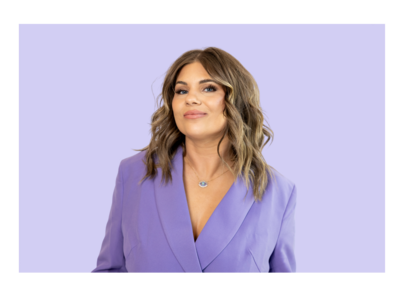

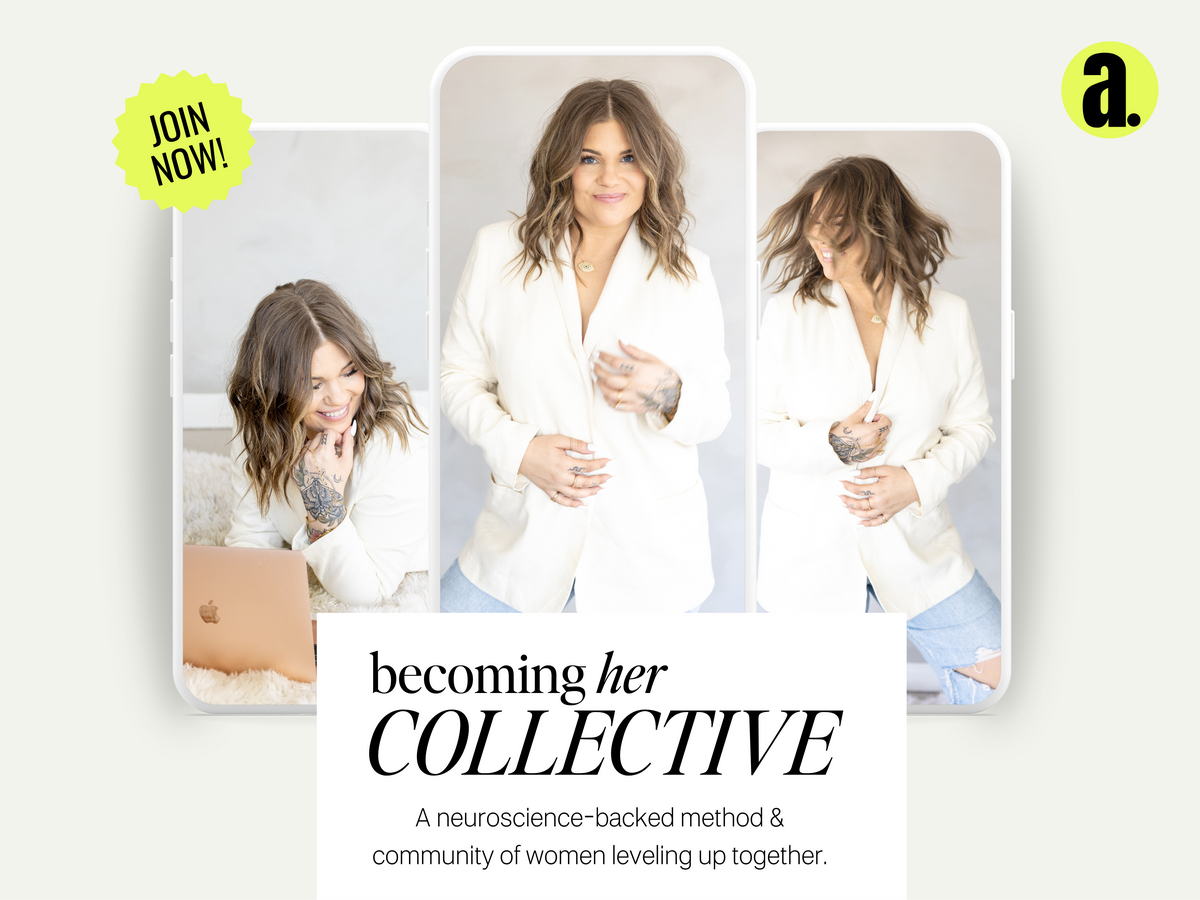

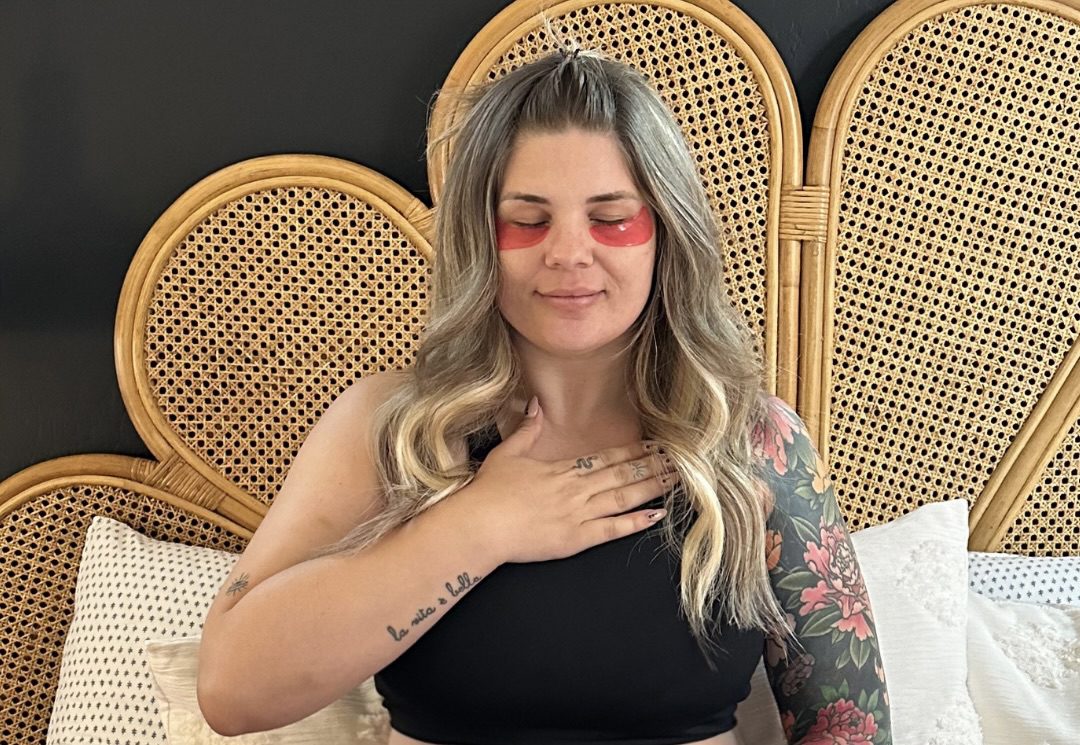

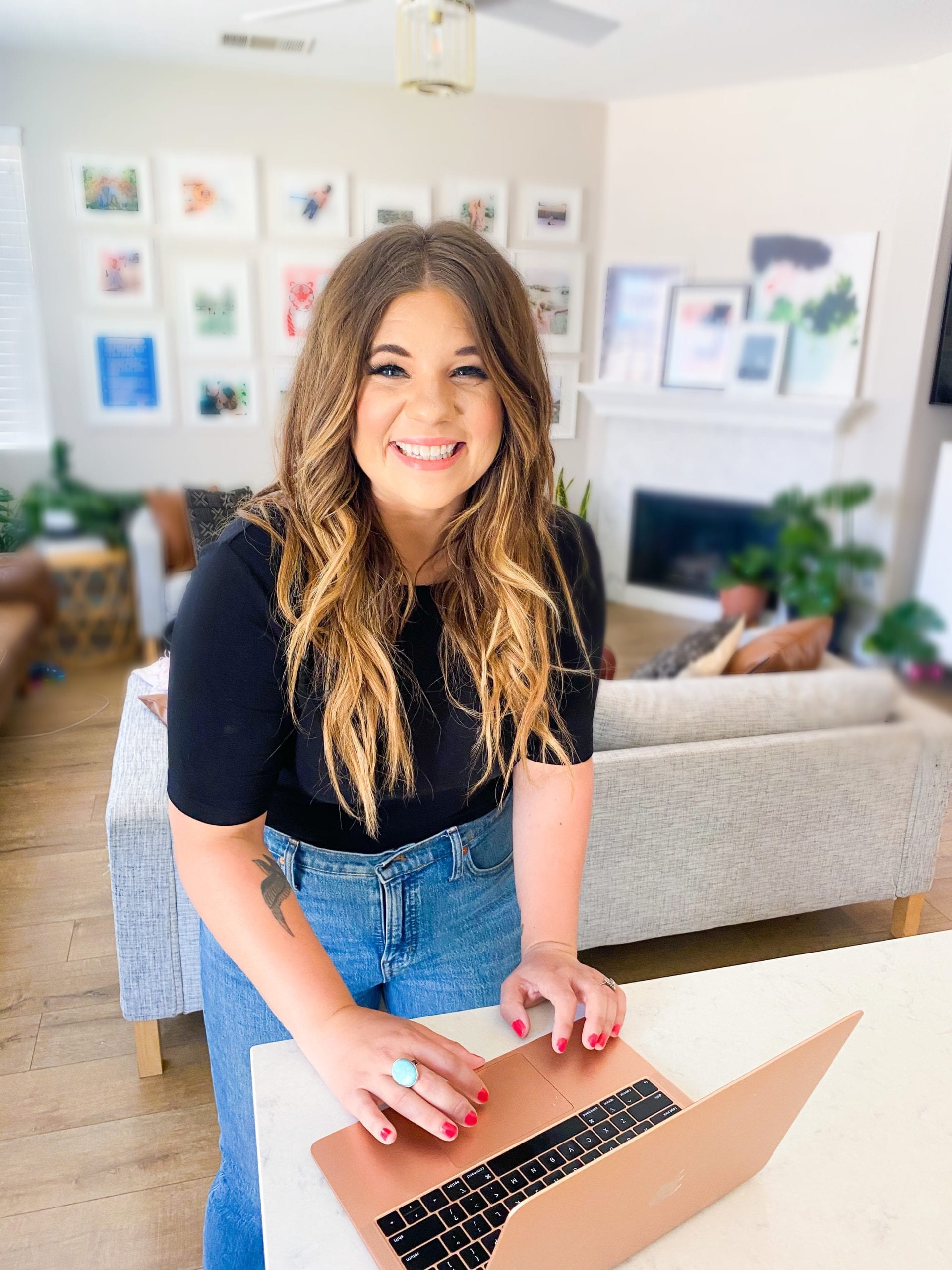

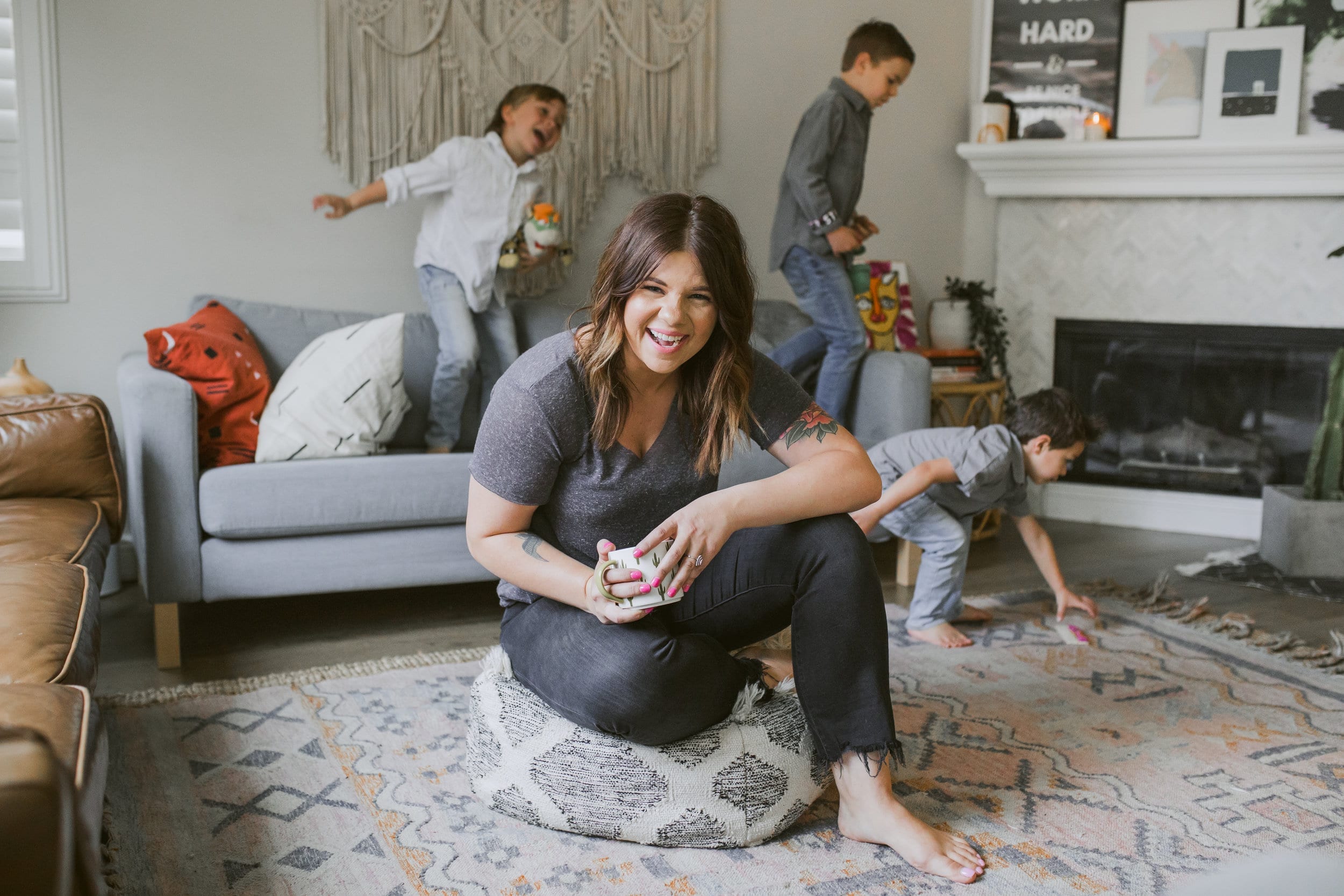

+ show Comments
- Hide Comments
add a comment